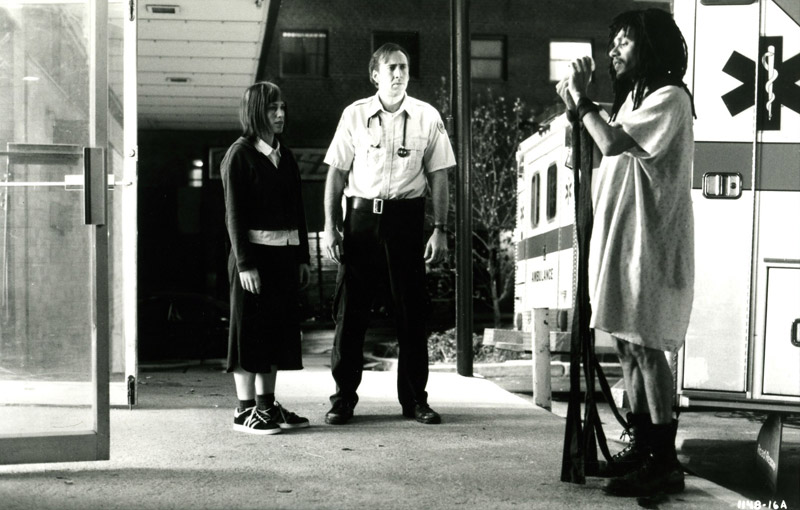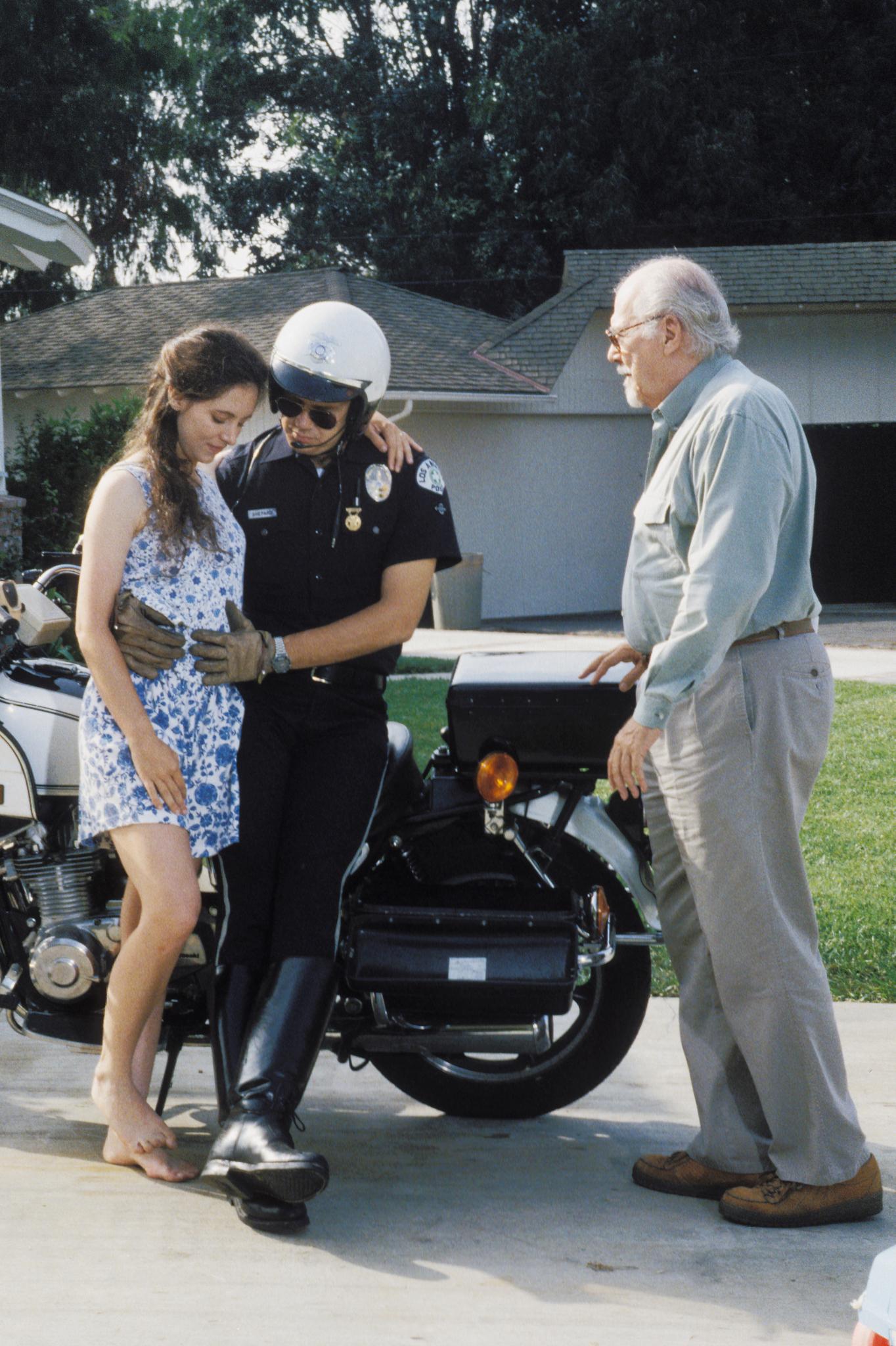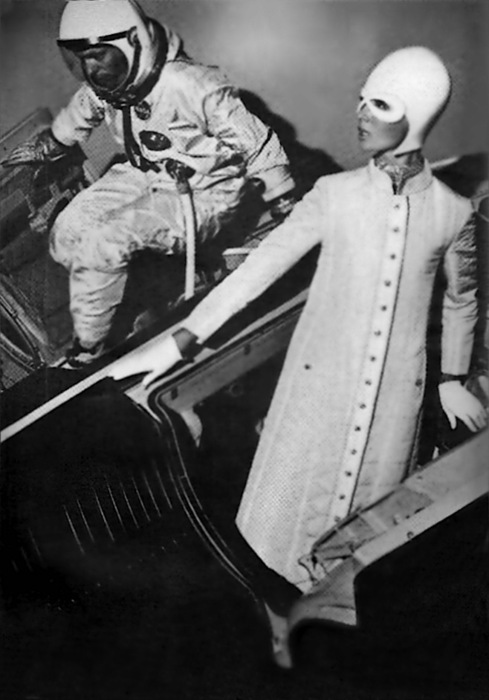


A formerly Amish man, who quit his community at seventeen, joined the Air Force and married a non-Amish woman, just did an Ask Me Anything at Reddit about his unusual life path. A few exchanges follow.
___________________________
Question:
What is your first memory of thinking about leaving your community and what was the “final push” for you?
Answer:
I remember cutting firewood and just wishing I had a chainsaw to make it easier. I feel like I always knew I would leave but just waited until I grew older.
___________________________
Question:
When you left the Amish community what was the most shocking thing about non-Amish society?
Answer:
My family never really showed emotion or hugged, I was a little shocked by how emotional everyone is. Great question, i wasn’t sure how to answer.
___________________________
Question:
Was there a time period where you parents didn’t talk to because you left the Amish community?
Answer:
Yes almost 5yrs, I was told not to come back unless I planed to stay Amish. When my Mom was diagnosed with cancer I went to see them for the first time in years, with my wife.
Question:
Is your wife from an Amish background, too? How did your mother and wife get along when they met?
Answer:
My wife was never Amish. When she met my Mom it was in more of a group setting with my dad and uncle’s/aunts. It was very awkward, my wife feels like they might blame her even though I met her years after I left. The meeting was one where the silence was long and tense, I do believe both, Mom and my wife, were trying to just talk.
___________________________
Question:
When you say there was a lot that was unbelievable to you, what sorts of things stand out?
Answer:
Texting. Why would you type if you can call! lol, i text a lot more now and seldom call. Bluetooth–this just blew my mind.
___________________________
Question:
You said: “Amish don’t really acknowledge the existence of homosexuality.”
Could you go into that a little bit more? What do you mean they don’t acknowledge it?
What would happen if someone came out of the closet or was caught having a homosexual relationship?
Wasn’t there ever an oddly swishy and single Amish feller that you just knew was off?
Answer:
They don’t believe that you can be homosexual, or if you claimed to be homosexual they would probably say you choose to be that way, maybe you are mentally ill. If you were caught in a homosexual relationship (im guessing) you would shunned until you repented of your sins, maybe you would have to get some type of mental treatment. The Amish are usually very “manly men” and I never knew an Amish person that I would be sure was homosexual.
___________________________
Question:
Just wondering what was your location when you were Amish i have some friends whom escaped the life style in Berlin and Millersburg due to massive amounts of child molestation, they actually escaped the country to go to canada because of this. Did you ever hear of other horror stories?
Answer:
I’m from Ethridge Tennessee. I am truly saddened to hear a story like that and I hope they are ok. I only know of the one story I mentioned earlier, the person was arrested just like anyone else would be. It is hard to tell how often things like this happen that are never found out but don’t judge all Amish by the actions of one or even one community, almost every community has different rules.
___________________________
Question:
Hey! Thanks for doing this! Was there any mysterious/supernatural things that you saw go down when you were in the Amish community? If you have seen that X-Files episode, you might see why I’m asking hehehe.
Answer:
I don’t remember anything mysterious or supernatural. What was the X-Files about? Is it worth looking up and watching?•



























